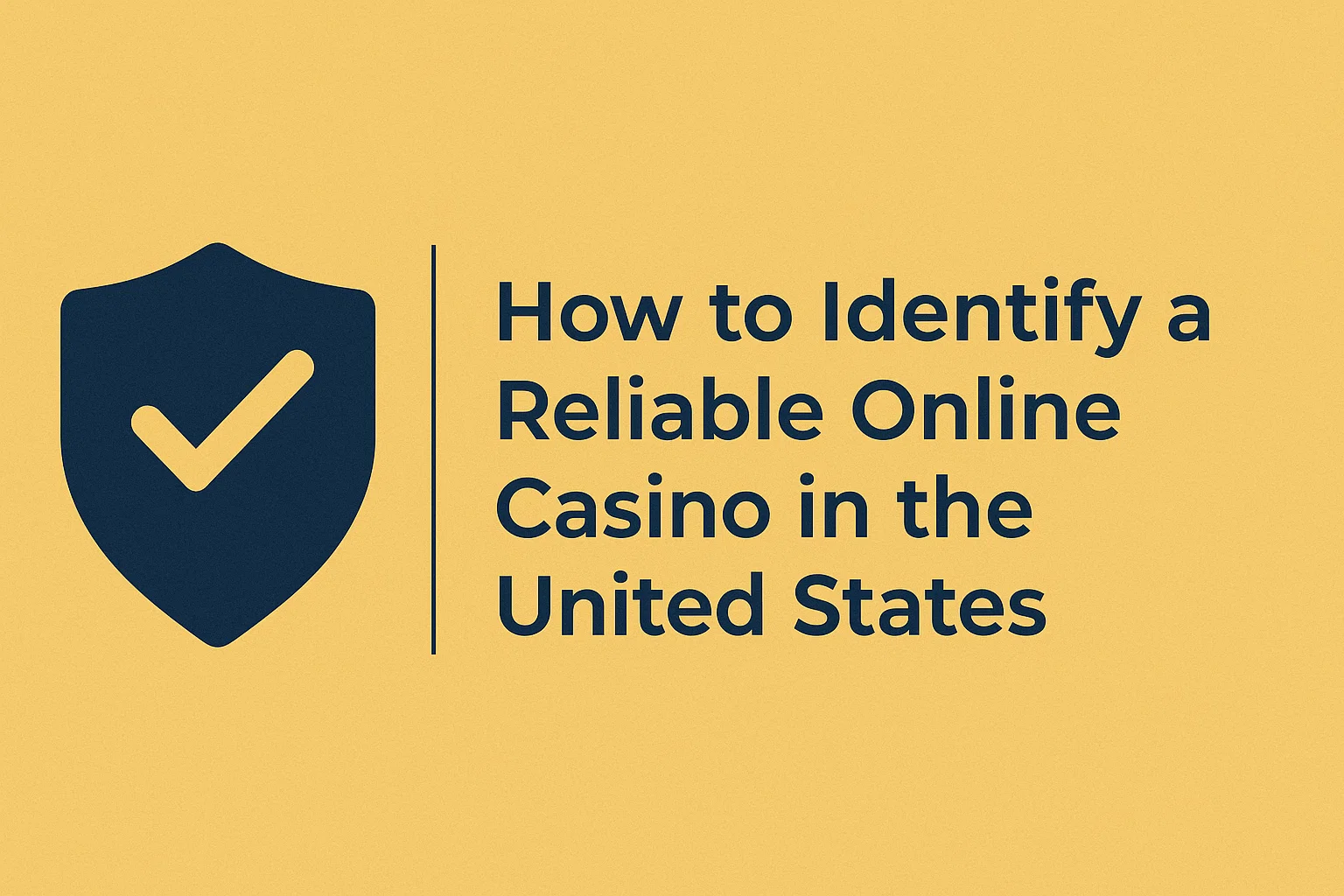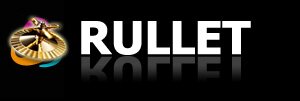How to Identify a Reliable Online Casino in the United States

The internet gaming market in the U.S. has been expanding rapidly, with regulators intensifying efforts at stifling illegal gambling. There have been thousands of illegal sites blocked and surveillance heightened across the internet in line with the objective of protecting the regulated market. Players ready to compare decent operators can check out websites like https://best-online-casinos-usa.com/, which list credible and well-reviewed sites.
For operators, the study of reliability parameters is of strategic importance. Recent regulatory policy in several states has redesigned market entry conditions and supervisory instruments. The entanglement of stricter regulation and advertising limits has created a context in which reputation and reliability are the primary competitive assets.
A paradox arises with federal and state advertising prohibitions. In certain jurisdictions, licensed operators are not allowed to promote their reliability credentials freely, which generates information gaps that the illicit market takes advantage of in a systematic way. Industry association reports have measured the issue, highlighting considerable economic losses to the regulated system.
Technical Evaluation Criteria: Reliability Standards in the U.S.
The requirements stipulated by U.S. regulators fit into four general areas of control, each subject to monitoring and audit:
- Compliance with law – Each platform must display its state license number and regulator's logo conspicuously on the site. State gambling commissions publish licensed operators on their websites, together with certified URLs. This transparency frustrates techniques like typosquatting, where unauthorized sites masquerade as official brands.
- Technical security – SSL/TLS protocols are mandatory to encrypt transactions, and strict data privacy laws (including adherence to U.S. data protection standards and GDPR for non-U.S. players) apply.Operators must use certified payment systems, with preference for e-wallets and bank circuits providing additional security guarantees.
- Algorithmic fairness – Random Number Generators are certified by third-party testing agencies such as eCOGRA and Gaming Laboratories International to be statistically random and resistant to manipulation.
- Responsible gambling mechanisms – Players must require deposit limits at sign-up where law requires. State laws also encourage features such as self-restriction, time reminders, and access to centralized self-exclusion programs. These allow players to exclude themselves from all licensed sites across participating states, creating a "competitive moat" that cannot be replicated by illegal operators.
Risk Signals: Non-Compliant Practices Identification
Unfair practices in the online gambling business exhibit ongoing patterns that should be uncovered and countered:
- Excessive bonus wagering requirements – Typically more than 50 times the deposit amount, making it virtually impossible to cash out winnings.
- Counterfeit licenses – Illegal operators commonly claim authorization from offshore regulators such as Curaçao without holding valid U.S. licenses. Cross-checking on state regulator websites remains the only valid verification method.
- Bad customer service – Over-automation, lack of telephone support, and slow response times are the hallmarks of rogue operators. Reputable sites invest in 24/7 multichannel support.
- Falsified reviews – Paid reviews are increasingly sophisticated and now require linguistic pattern analysis and cross-validation with independent websites. Licensed operators favor transparency and proactive issue resolution over online reputation management.
Regulatory Evolution and Strategic Implications
The case for U.S. gambling regulations continues to gain political momentum. Some legislators propose refreshing advertising restrictions, possibly reopening regulated sports sponsorships tied to responsible gaming revenues. In the meantime, the Federal Trade Commission (FTC) and state regulators have tightened influencer rules, calling for compliance with all advertising restrictions and imposing top-tier creator responsibility under media regulations.
Operators are now faced with three possible scenarios:
- A controlled re-opening of the communication channels is reducing influencer marketing reliance.
- Status quo preservation, entrenching workarounds.
- Selective liberalization with a bias toward sports activity.
Operational Implications for License Holders
The confluence of market consolidation and advertising restrictions is redefining strategic priorities. Investment in compliance and transparency now represents a determinative competitive advantage, with a direct influence on user acquisition and retention.
Operators are widening communications by SEO, content marketing, partnerships with specialist media and industry events, whilst educational formats in influencer marketing remain effective even within constraints.
Technology lies at the core of differentiation. Investment in user experience, faster payments, tailored products, and more advanced responsible gaming tools are today strategic areas of innovation. Third-party certification by reputable bodies is an indirect but effective marketing tool.
Reliability as a Strategic Asset
The US market is undergoing a structural shift whereby reliability is evolving from a regulatory imperative to a strategic competitive edge. Stronger operators are entrenching themselves, and advertising bans have shifted competition away from traditional communication towards transparency and compliance.
For operators, this evolution demands holistic solutions. Regulators continue to consolidate their regimes, based on transparency, minor protection, staff training, balanced marketing, combating illegal gambling, and promoting responsible gaming.
The future will reward operators that are able to turn regulatory demands into competitive assets, combining commercial success with social responsibility. Those that anticipate and adhere to regulatory development while maintaining high standards of reliability and transparency will establish themselves in an increasingly selective and regulated market.
